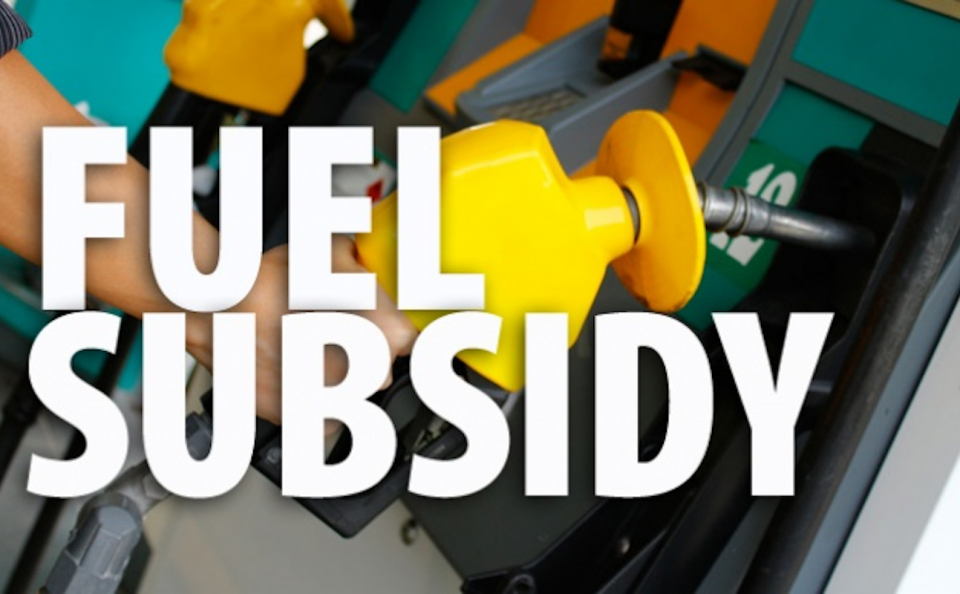Immediate subsidy removal portends danger to economy, stakeholders warn
Stakeholders in the nation’s oil and gas sector have warned that immediate removal of fuel subsidy would bring untold hardship to the already-impoverished Nigerians considering the state of the economy.
At an industry stakeholders’ round-table on, ‘the impact of deregulation on the Nigerian Downstream Petroleum Sector: Analysing perceptions and realities of gains and expectations of full PMS subsidy removal’, stakeholders argued that although removal of fuel subsidy is commendable, it should be approached using a gradual removal process.
Speaking on the sidelines of the round-table, the former president of the Trade Union Congress (TUC), Peter Esele, explained that Nigeria was not ready for immediate subsidy removal, saying such would take pump price to about N300 per litre despite Nigerians struggling to afford PMS at its current price.
“If you remove the subsidy now, it will mean that Nigerians will be expected to pay N300, so this means we will be increasing poverty and also making life difficult for the people. It all boils down to the incoming administration, what are their plans for the sector. His responsibility is to decide what is best for the people,” he stressed.
Recommending a four-year cycle for fuel subsidy removal, Esele urged the President-elect, Bola Ahmed Tinubu, to effectively communicate with Nigerians on the benefits of fuel subsidy removal while identifying the challenges in the sector.
He also advised the incoming administration to work the talks in their bid to transform the economy, adding that there is need to reduce the cost of governance.
According to him, over 70 per cent of the budget is currently being spent on governance. He warned that it is going to be tough for the incoming administration with the nation’s rising debt profile.
“We cannot have any development in the country where we are spending over 90 per cent of our budget to service our debt. The incoming President must be very direct, he must walk the talk and above all, to be able to achieve whatever dream or plans that he has for Nigeria and Nigerians must also be able to trust him, “he said.
The Technical Consultant Technowell, Dr. Kayode Opeifa, said deregulation was of immense importance and has generated diverse perspectives and expectations among stakeholders.
Delivering his presentation on six steps to chaos-free oil subsidy removal, a professor of transport and logistics at the Lagos State University, Odewumi Samuel, said efficiency would begin with the appointment of a full-time senior minister of petroleum, saying that the unworkable practice of a busy president holding a very critical ministry as a side portfolio should be jettisoned.
He urged the Tinubu administration to immediately set up a committee of a competent team to drive the process of the removal which may be headed by the Minister, adding that the team is to identify and develop engagement procedures with relevant stakeholders, especially labour, media, students and civil society organisations



